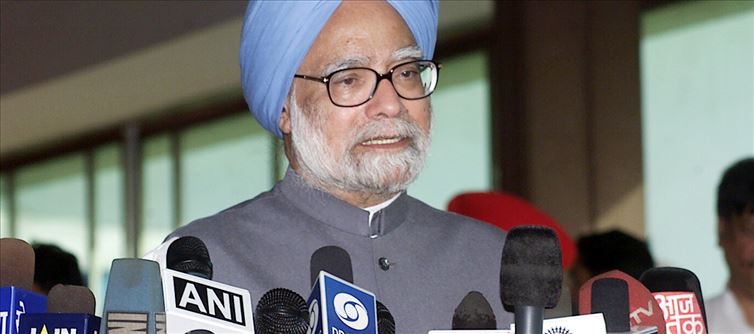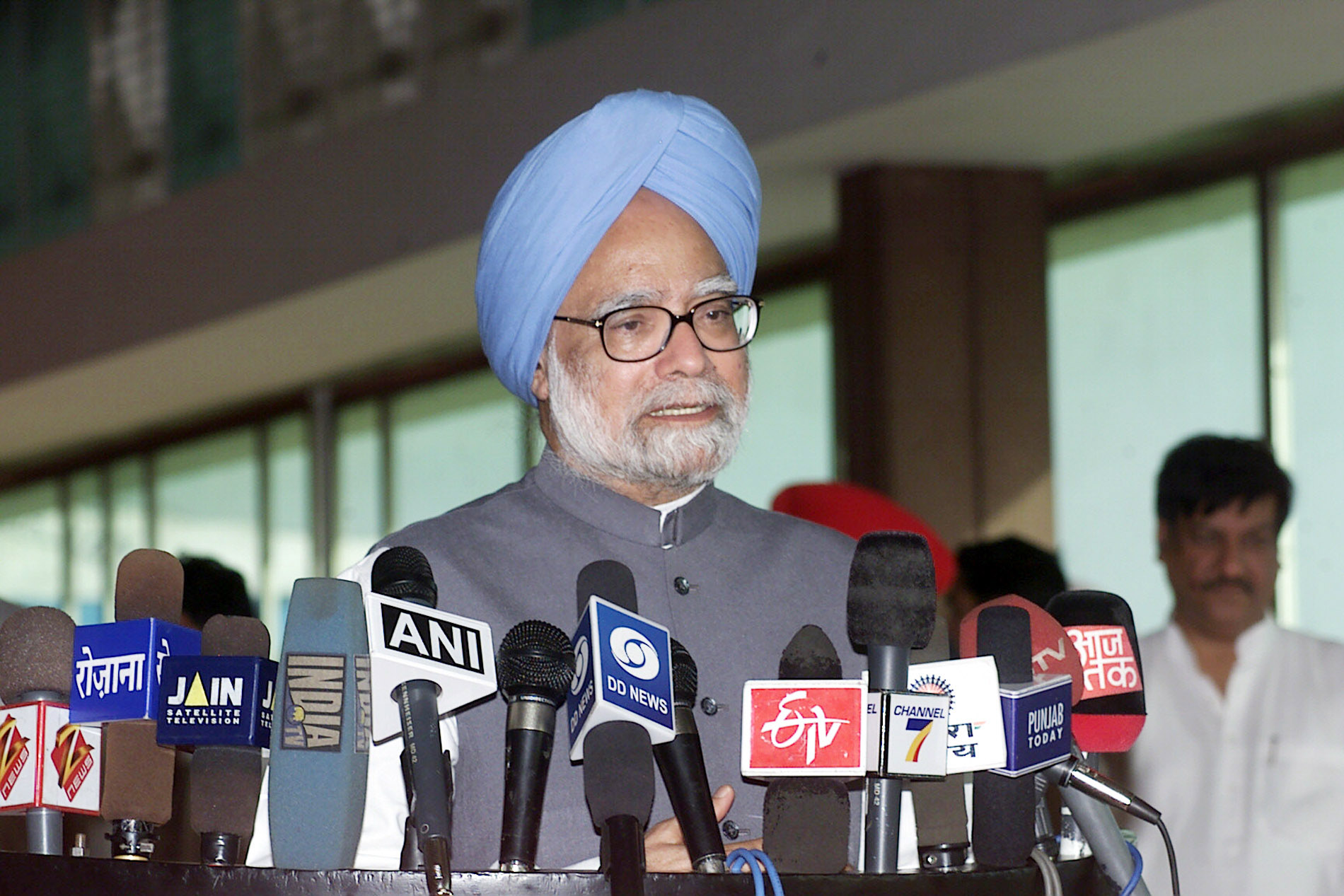
The retirement of former prime minister manmohan Singh from his rajya sabha seat and active political life has drawn attention to his significant contributions and legacy. With age and health concerns in mind, Singh has decided to step back from the forefront of politics. In his place, former congress President sonia gandhi will now represent the party in the Upper house, marking a transition in leadership.

Alongside Singh, a total of 54 other leaders have retired from the rajya sabha, sparking discussions about Singh's tenure and impact. manmohan Singh's tenure as prime minister is hailed for its emphasis on empowering the common people, setting him apart from his predecessors. While previous governments, such as Rajiv Gandhi's and Indira Gandhi's, also witnessed substantial development, Singh's administration focused on decentralizing power and empowering citizens.
Under his leadership, progressive laws were enacted, including the Right to Information Act, which provided unprecedented transparency and accountability in governance. Singh's tenure saw the introduction of several landmark legislations, such as the Right to Food and Right to Education, aimed at enhancing social welfare and equity. Despite challenges in implementation, these laws laid the foundation for future progressive policies and initiatives.
Additionally, initiatives like the mahatma gandhi National Rural Employment Guarantee Act (MNREGA) played a pivotal role in transforming rural india, curbing migration, and providing employment opportunities. However, Singh's leadership was not without criticism, with allegations of being a puppet prime minister overshadowing his tenure. Despite these allegations, Singh's pragmatic approach to governance and economic expertise steered india through turbulent times, ensuring economic stability and resilience.
His role in guiding india out of economic crises and advocating for progressive policies earned him recognition as a distinguished economist and leader. Singh's retirement raises questions about the future direction of the congress party and its leadership. While the gandhi family has traditionally held significant sway within the party, Singh's retirement underscores the need for a broader leadership base. The decision regarding sonia Gandhi's nomination to the Upper house reflects this transition in leadership dynamics.
As the congress party navigates its future course, Singh's legacy as a reformist prime minister and visionary leader remains indelible. His contributions to empowering the people and steering the country through economic challenges serve as a testament to his statesmanship and dedication to public service.




 click and follow Indiaherald WhatsApp channel
click and follow Indiaherald WhatsApp channel